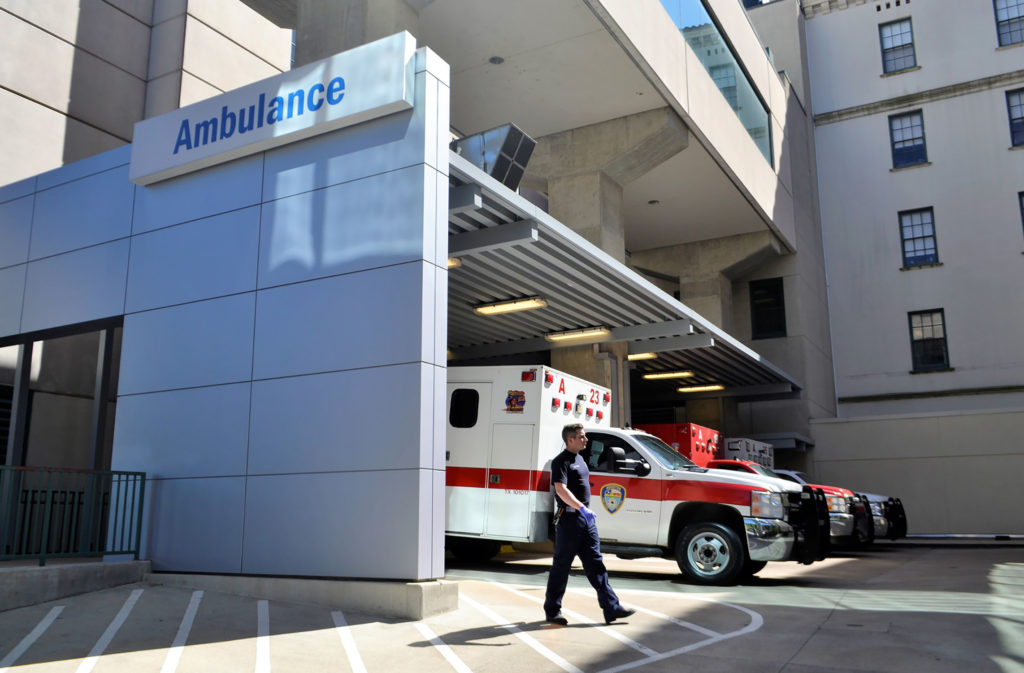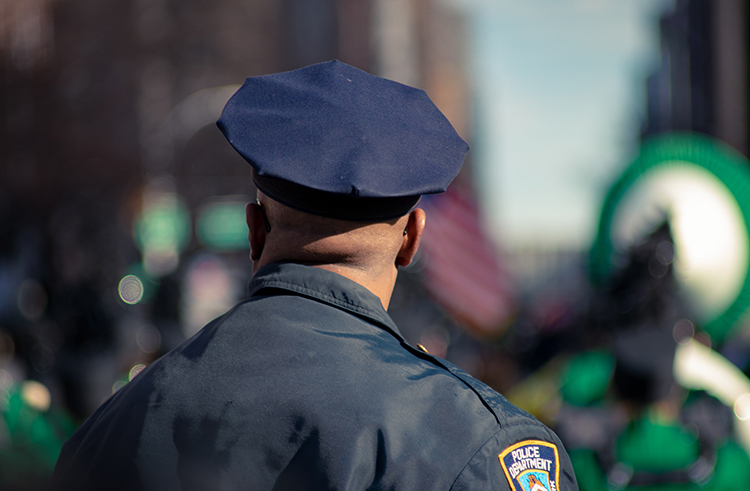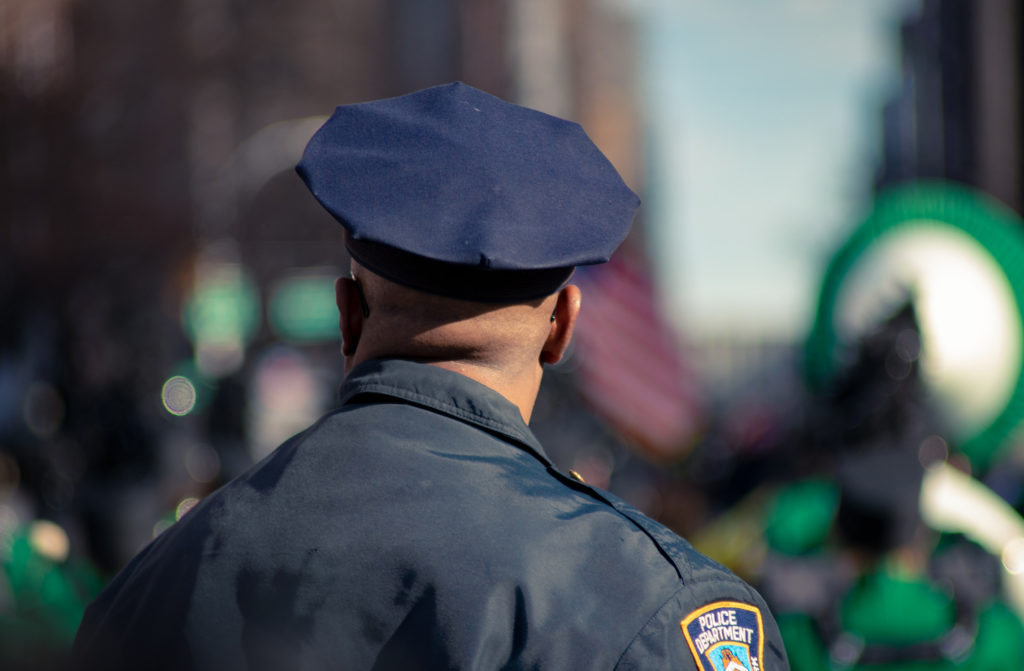
Additional Resources
Depression
Depression is a serious but treatable medical condition that affects how a person feels, thinks, and acts. Though typically characterized by feelings of sadness, depression symptoms may appear as irritability or apathy. Tasks that seemed to be easy before may take longer because of lack of concentration.
Post-traumatic stress disorder (PTSD)
Post-traumatic stress disorder (PTSD) is a specific anxiety disorder that can develop after experiencing a significant traumatic event. People with depression or bipolar disorder are more likely to develop PTSD―both because having a mood disorder increases the risk of experiencing a traumatic event and because having a mood disorder makes it more likely a person who experiences a traumatic event develops PTSD.
Helping Someone Living with Depression or Bipolar
Each person experiences a mood disorder differently, with different symptoms. Depression may cause someone to have feelings of unbearable sadness, guilt, worthlessness, and hopelessness. The person does not want to feel this way but can’t control it. The best way to find out what your loved one needs from you is by asking direct questions, but also respecting the individual’s personal space when they don’t want to talk.



